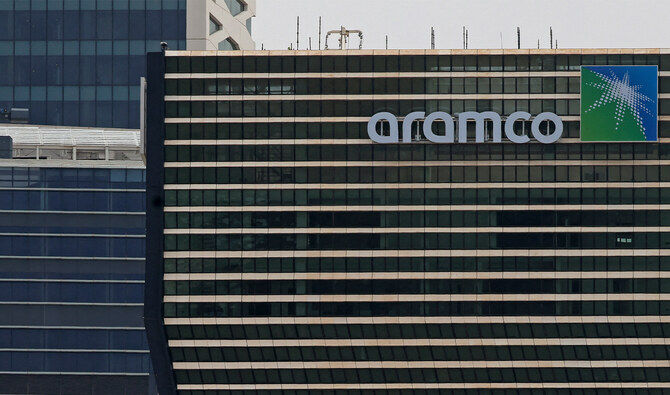ISLAMABAD: Saudi oil giant Aramco said on Wednesday it would launch its first branded retail gas station in Pakistan by the end of the year, having already completed the acquisition of a 40 percent stake in Gas & Oil Pakistan Ltd. (GO) in May.
Aramco is a global integrated energy and chemicals company that produces approximately one in every eight barrels of the world’s oil supply. GO, one of Pakistan’s largest retail and storage companies, is involved in the procurement, storage, sale and marketing of petroleum products and lubricants.
“We are working to launch our first Aramco-branded gas station in Pakistan by the end of the year,” the Saudi oil company’s media department told Arab News in an emailed statement. “Will share more information when the site is commissioned.”
A Pakistan Board of Investment (BOI) official said Aramco’s acquisition of GO represented the oil giant’s first downstream retail investment in Pakistan and signaled the company’s growing retail presence in high-value markets.
In March, Aramco also acquired a 100 percent equity stake in Esmax Distribución SpA, a leading diversified downstream fuels and lubricants retailer in Chile.
“Our global retail expansion is gaining pace and this acquisition [of GO] is an important next step on our journey,” Yasser Mufti, Aramco Executive Vice President of Products & Customers, said in a statement in May when the GO deal was completed.
“Through our strategic partnership with GO, we look forward to supplying Aramco’s high-quality products and services to valued customers in Pakistan. We are also delighted to welcome another high-caliber addition to Aramco’s growing network of global partners, and look forward to combining our resources and expertise to unlock new opportunities and further grow the Aramco brand overseas.”
Pakistan and Saudi Arabia enjoy strong trade, defense and cultural ties. The Kingdom is home to over 2.7 million Pakistani expatriates and serves as the top source of remittances to the cash-strapped South Asian nation.
In February 2019, Pakistan and Saudi Arabia inked investment deals totaling $21 billion during a visit by Saudi Crown Prince Mohammed bin Salman to Islamabad. The agreements included about $10 billion for an Aramco oil refinery and $1 billion for a petrochemical complex at the strategic Gwadar Port in Balochistan.
Both countries have been working in recent months to increase bilateral trade and investment, and the Kingdom in April this year reaffirmed its commitment to expedite an investment package worth $5 billion for Pakistan.














